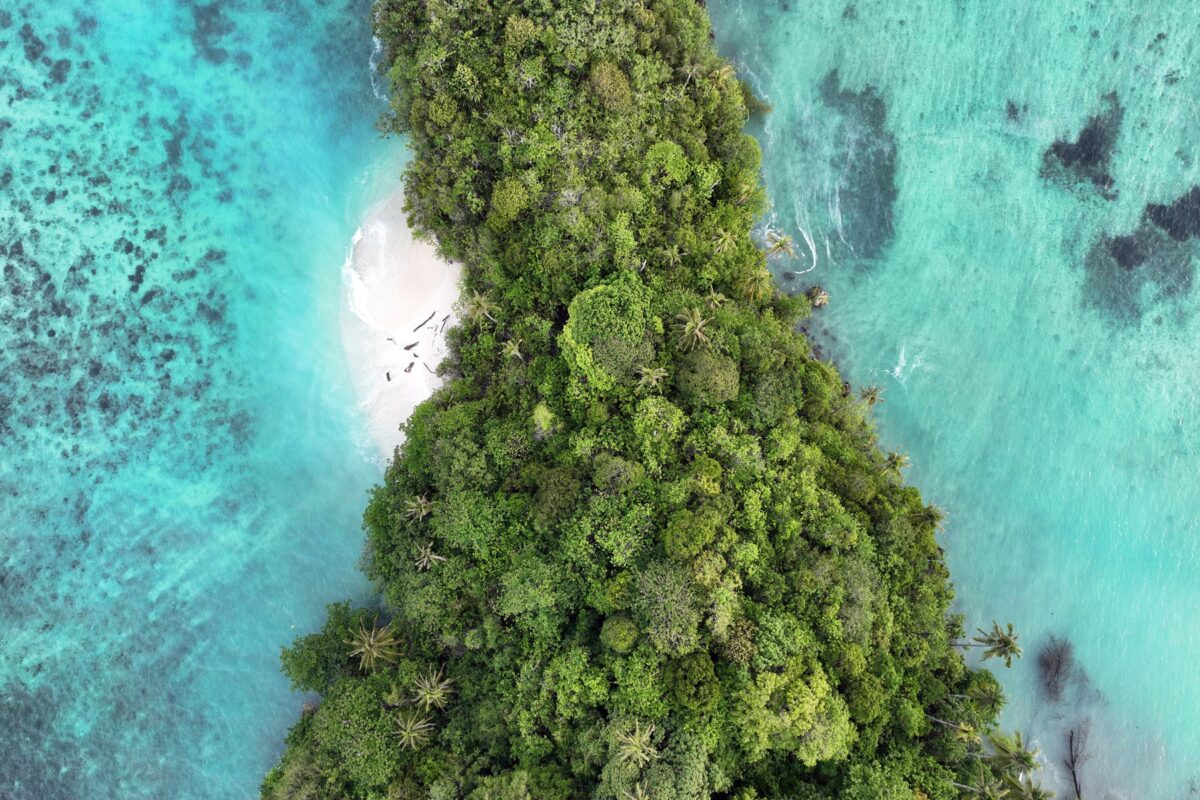[ad_1]
The U.S.-based Wildlife Conservation Network (WCN) works to link funders with community-based conservation groups, ensuring that much-needed resources are reaching the frontlines. In a Mongabay Newscast episode in July, Jean-Gaël “JG” Collomb, CEO of WCN, advocates for giving more unrestricted funding to local groups who know the environment best, allowing them to decide how to use the money.
“We’re a huge fan of being able to encourage people to give unrestricted to those organizations. And the rationale behind it is, is that those organizations who are based on the ground in the field, know best how to use that money. They know what’s needed,” Collomb tells Mike DiGirolamo, host of the Mongabay Newscast.
WCN, which has been described as a venture capital firm for conservation, has helped many community-based groups from the Global South access funding from international organizations.
Collomb, who co-authored a commentary in Mongabay in December 2024, said there are times when co-designing a project with funders is the best approach since some organizations have guidelines on how their money can be used. However, he said, as much as possible, it’s crucial to build relationships and trust that allow frontline conservationists to decide how to most effectively spend funding granted to them.
“I think [unrestricted funding] is giving them more flexibility and empowering them more to have the impact we want them to have,” he added.
Collomb said WCN is able to highlight the work of “first actor” frontline communities by bringing funders to the field to see how their investment is being used, building more trust. WCN also organizes an annual Wildlife Conservation Expo every October, which brings local conservationists to the United States to meet funders and build relationships.
“And so, there’s a direct engagement. People can see the impact of their work and continue to support it,” he said. “I think it’s really important because when you’re a local conservation organization, it’s really difficult to find people and organizations who want and can financially support your work.”
One challenge Collomb and DiGirolamo discussed is that the flow of money from large foundations and intergovernmental bodies can be slow to reach local nonprofits.
Collomb said funding organizations should find creative ways to quickly send needed money to the frontlines “rather than having money being held up in different layers and ultimately having a smaller percentage hit the ground.”
He said while there are “tons of local conservation organizations that do great work,” many are not well known, which can make it hard for funders to invest in them. But Collomb said funders should take the time to get to know their work, and WCN is available to help on that front.
Listen to the full podcast here.
Banner image of a beach in Raja Ampat, Indonesia, where WCN is supporting the coral conservation work of the Misool Foundation. Image by Rhett A. Butler/Mongabay.
[ad_2]
Source link
#Unrestricted #funding #key #frontline #conservation #groups #Mongabay #podcast
